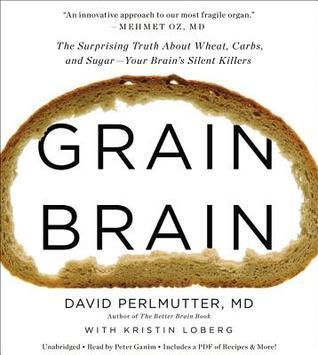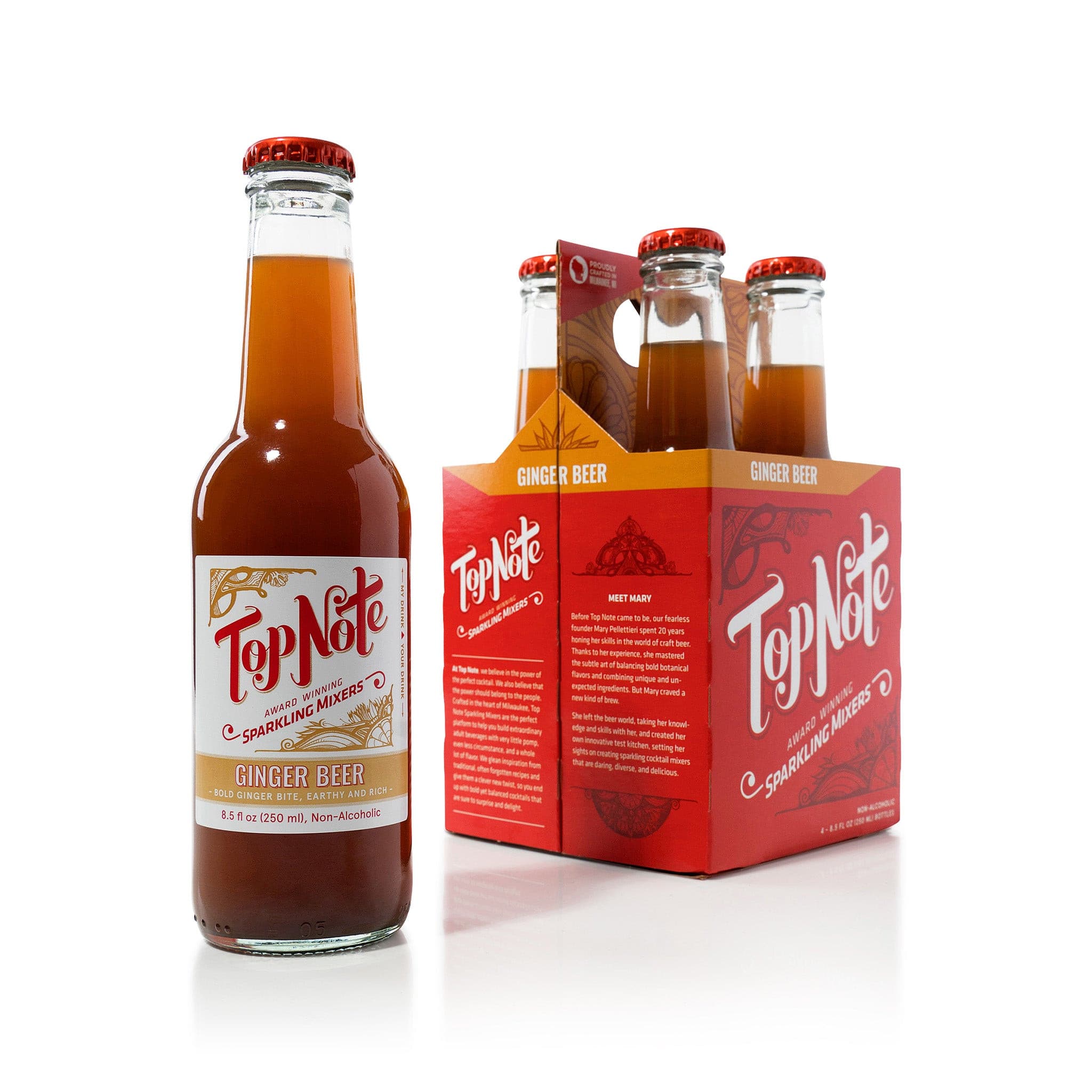Root beer can be a tasty treat, but it’s not particularly beneficial for your health. Consuming it in moderation is key, as it often contains high sugar levels.
Root beer, a traditional North American beverage with a unique and sassafras-based flavor, stands out among soft drinks. While it captivates taste buds with its sweet and frothy appeal, it’s vital to consider its health implications. Typically non-alcoholic and caffeine-free, root beer may seem like a safer choice compared to other sodas, but the high sugar content found in many brands can contribute to health problems such as obesity, diabetes, and tooth decay.
Health-conscious individuals often opt for diet versions to avoid sugar, although these can contain artificial sweeteners that raise other health concerns. The nostalgic allure of root beer is undeniable, but the key is to enjoy it sparingly, making it an occasional indulgence rather than a dietary staple.
Root Beer Basics
Root Beer, a uniquely American soft drink, has interesting origins. The primary ingredients in a typical Root Beer include sassafras root, sarsaparilla root, and spices for flavor. Sweetness comes from sugar or corn syrup. Some brands use vanilla, wintergreen, cherry tree bark, licorice root, molasses, and honey. Carbonation adds the fizzy texture we love.
Americans began making Root Beer in the colonial era. Its history dates back to the 1700s. Homemade recipes often differed greatly. By the 1800s, commercial versions started to appear. People believed Root Beer was good for health. They used it to settle stomachs and soothe throats. The drink remains popular but is now enjoyed mostly for its unique taste.

Nutritional Profile
Root beer contains calories and sugar, similar to other soft drinks. A typical serving can have over 100 calories and 10-20 grams of sugar. Diet versions offer fewer calories and sugar. Yet, their artificial sweeteners may not be ideal for everyone.
Sweetness mostly comes from high fructose corn syrup or cane sugar. These ingredients can lead to weight gain if consumed in large amounts. Those seeking healthier options should look for brands with natural sugars.
Artificial additives and preservatives often exist in root beer. Common ones include artificial coloring and sodium benzoate. These components help extend shelf life. Still, their impact on health is under debate. Organic or all-natural root beers may limit these additives.
Health Claims And Myths
Root beer may have some digestive health benefits. This popular drink contains sassafras. Sassafras was used in traditional remedies. These remedies were for soothing stomach issues. But, scientific research today is limited.
Some believe root beer helps digestion. It is due to carbonation and plant-based ingredients. Yet, drinking too much may cause more harm than good. People with gastrointestinal conditions should be cautious.
Many root beer health claims are not backed by science. This drink is often filled with sugar and additives. Excessive sugar is not healthy for us. It is especially not good for children. Root beer should be enjoyed in moderation. Always choose versions with natural ingredients.
Potential Drawbacks
Root beer may seem like a fun treat, but it has downsides. Sugar in root beer can harm your teeth. Dentists warn that sugary drinks eat away tooth enamel.
Drinking lots of root beer means more sugar for your body. Too much sugar can lead to weight gain and even heart problems. Kids need to know that root beer is not a healthy drink.
Better Choices
Diet root beer often contains fewer calories compared to regular root beer. For example, a 12-ounce can of regular root beer might have more than 150 calories, while the same size of diet root beer has zero calories.
A table comparing the two might look like this:
| Type of Root Beer | Calories | Sugar Content |
|---|---|---|
| Regular Root Beer | 150+ calories | High |
| Diet Root Beer | 0 calories | Low or None |
Sugar content also shows big differences. A can of regular root beer has lots of sugar, maybe 39 grams or more. The diet version usually has artificial sweeteners, with little to no sugar.

Making An Informed Decision
Root beer, often loved for its sweet, creamy flavor, requires a careful approach to consumption. Enjoying it in moderation is crucial, as with any sugary drinks. Regular intake can add to your daily sugar count, posing a risk to your health. The key is to treat root beer as an occasional treat, not a daily habit.
It’s wise to consider the ingredients as well. Some root beers contain caffeine or additional additives. These can affect energy levels and overall well-being. Choose options with natural ingredients and lower sugar content for a healthier choice. Always check the label before you indulge.
It’s tempting to reach for a cool glass of root beer on a hot day. Yet, it’s important to balance the pleasure it provides with the potential effects on your body. Kids should understand that while root beer can taste delicious, water is the best choice for staying hydrated and healthy.

Frequently Asked Questions On Is Root Beer Good For You
What Are Root Beer’s Health Benefits?
Root beer, when consumed moderately, contains several health benefits. It typically has anti-inflammatory properties and can aid digestion due to ingredients like sassafras or sarsaparilla. However, most commercial root beers are now artificially flavored.
Can Root Beer Improve Your Digestion?
Yes, traditional root beer made with sassafras or sarsaparilla may help with digestion. The natural compounds in these plants were historically used to relieve gastrointestinal symptoms. Nonetheless, modern commercial versions may not have the same effect.
Does Root Beer Contain Caffeine?
Traditionally, root beer is caffeine-free, making it a popular choice for those looking to avoid stimulants. However, some modern brands might add caffeine, so it’s important to check labels if you’re trying to avoid it.
Is There A Lot Of Sugar In Root Beer?
Commercially produced root beer often contains high levels of sugar, similar to other soft drinks. Consuming it in excess could contribute to health issues like obesity and diabetes. Diet or sugar-free options may be available for those watching their sugar intake.
Conclusion
Navigating the landscape of healthy choices, root beer often sparks curiosity. While it’s not a health elixir, moderation is key. Opt for versions with real ingredients over artificial additives. Remember, occasional indulgence in root beer can fit into a balanced lifestyle, but it shouldn’t be a dietary staple.
Embrace variety and make informed choices for your well-being.

